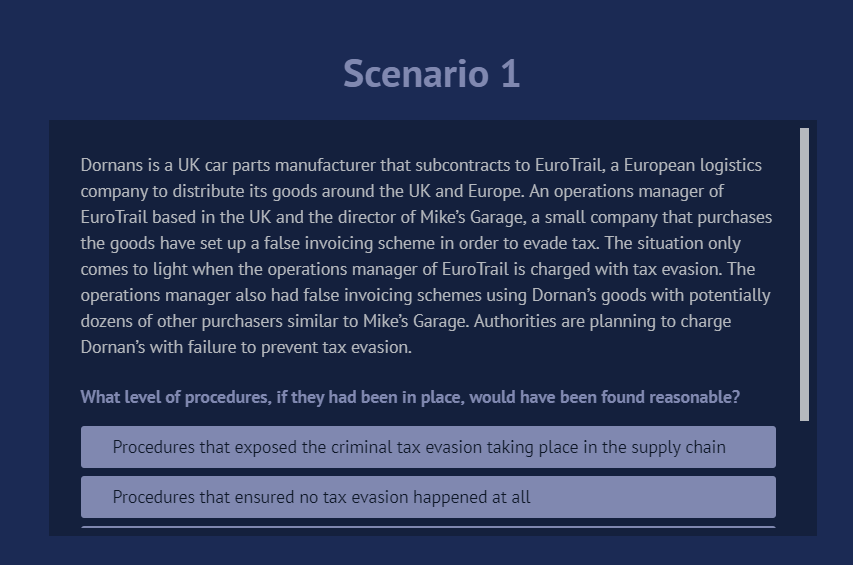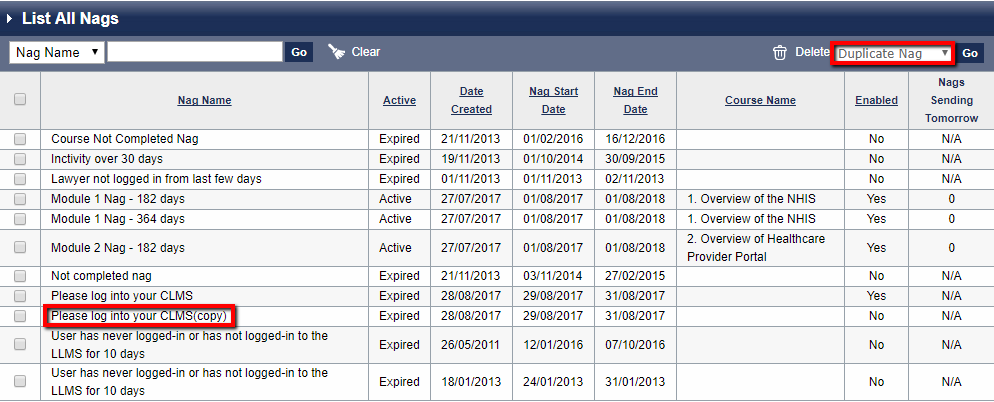
Diversity in the workplace is important not just from a compliance and legal perspective. Results published in a McKinsey research paper show that companies with more diverse workforces perform better financially. Further, in July 2017 the £1,200 employment tribunal fee was scrapped by the Supreme Court. The result is that those who feel mistreated can take their current or former employer to court without having to overcome a financial hurdle.
Full transparency of a company policy will help diminish the risk of discrimination in the workplace, as well as promote a diverse culture in the workplace. VinciWorks has therefore created an equality and diversity policy template that can easily be edited to suit your organisation and industry.
Download equality and diversity policy template
Equality and Diversity Policy
The procedures in an Equality and Diversity Policy should reflect the controls and processes within an organisation for promoting equality and diversity, and explain the structured process for encouraging equality of opportunity and respect for diversity and preventing unlawful discrimination, whether direct or indirect, within in the organisation and in relationships with clients and others. The requirements reflected in the procedures will apply in relation to protected characteristics, including age, disability, gender reassignment, marriage and civil partnership, pregnancy and maternity, race, religion or belief, sex, and sexual orientation. The procedures should be in accordance with local laws, for example, the Equality Act 2010 in the UK.
What should the equality and diversity policy include?
Introduction
The introduction should explain the purpose of the policy and what it consists of. It should also explain the importance of everyone contributing to compliance with the requirements of the policy by embedding such values in the workplace and by challenging inappropriate behaviour and processes.
Continue reading





 Richard Beale
Richard Beale